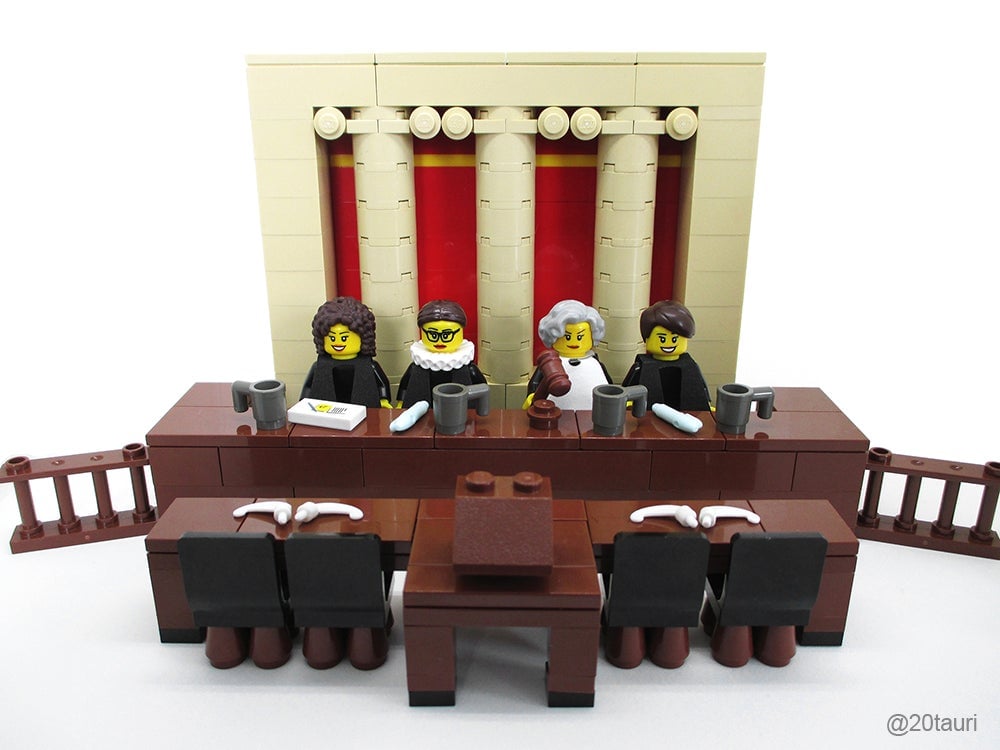Lego rejected this awesome set of female US Supreme Court justices
What if your daughter didn’t dream of owning the latest busty Barbie doll, but a tiny, tiny Supreme Court justice Ruth Bader Ginsburg donning her signature lace collar, or a smiling justice Sonia Sotomayor? Wouldn’t that be great?
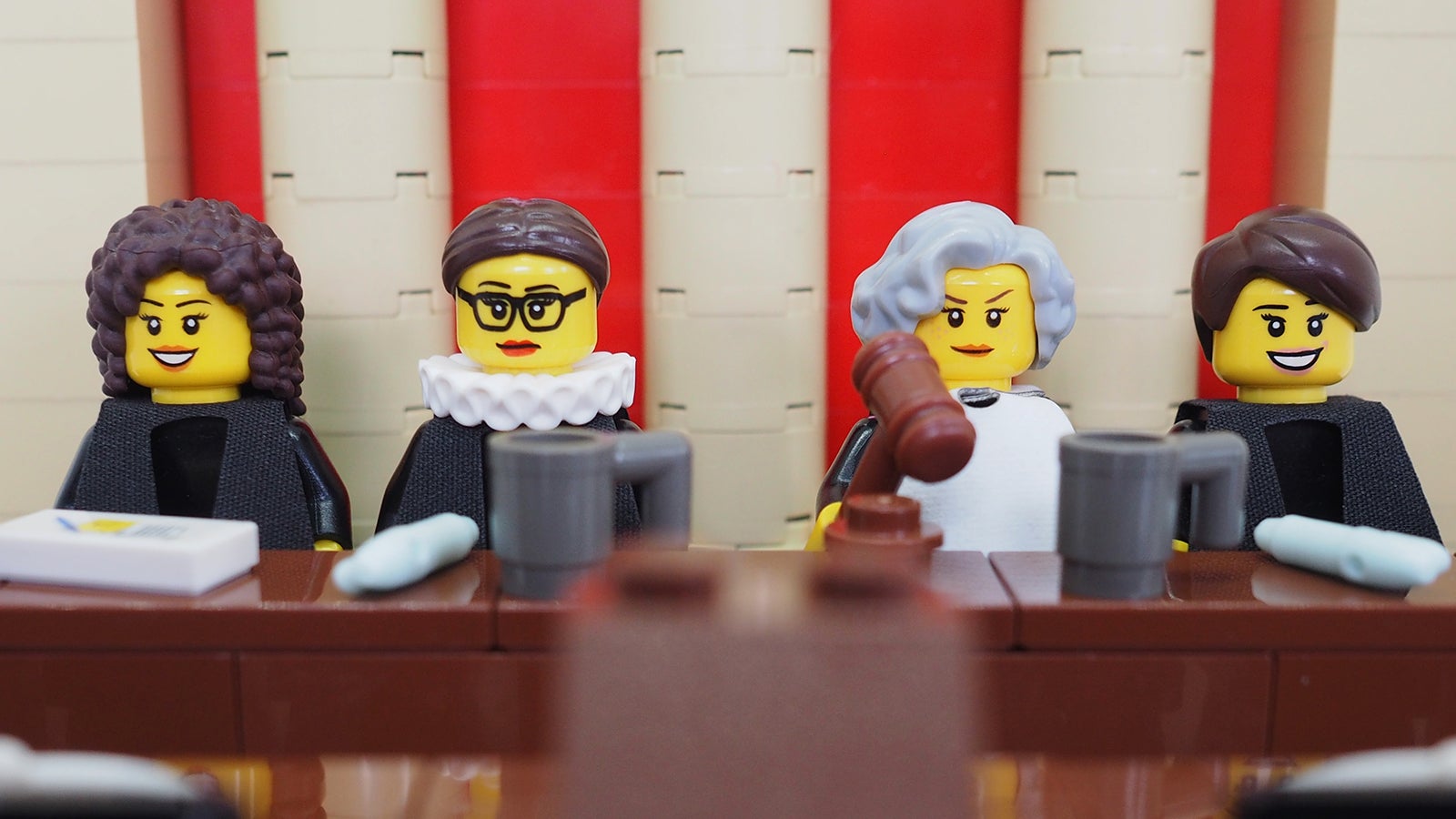

What if your daughter didn’t dream of owning the latest busty Barbie doll, but a tiny, tiny Supreme Court justice Ruth Bader Ginsburg donning her signature lace collar, or a smiling justice Sonia Sotomayor? Wouldn’t that be great?
Maia Weinstock, deputy editor of MIT News by day, Lego constructor extraordinaire by night, certainly thought so. She made a set featuring each of the four women who have served on the US Supreme Court in honor of International Women’s Day on March 8. Photos of the figures that she posted on her Flickr site quickly went viral.
“I was definitely trying to make a statement about women in law, in government, and I think that’s what struck a chord,” she tells Quartz.
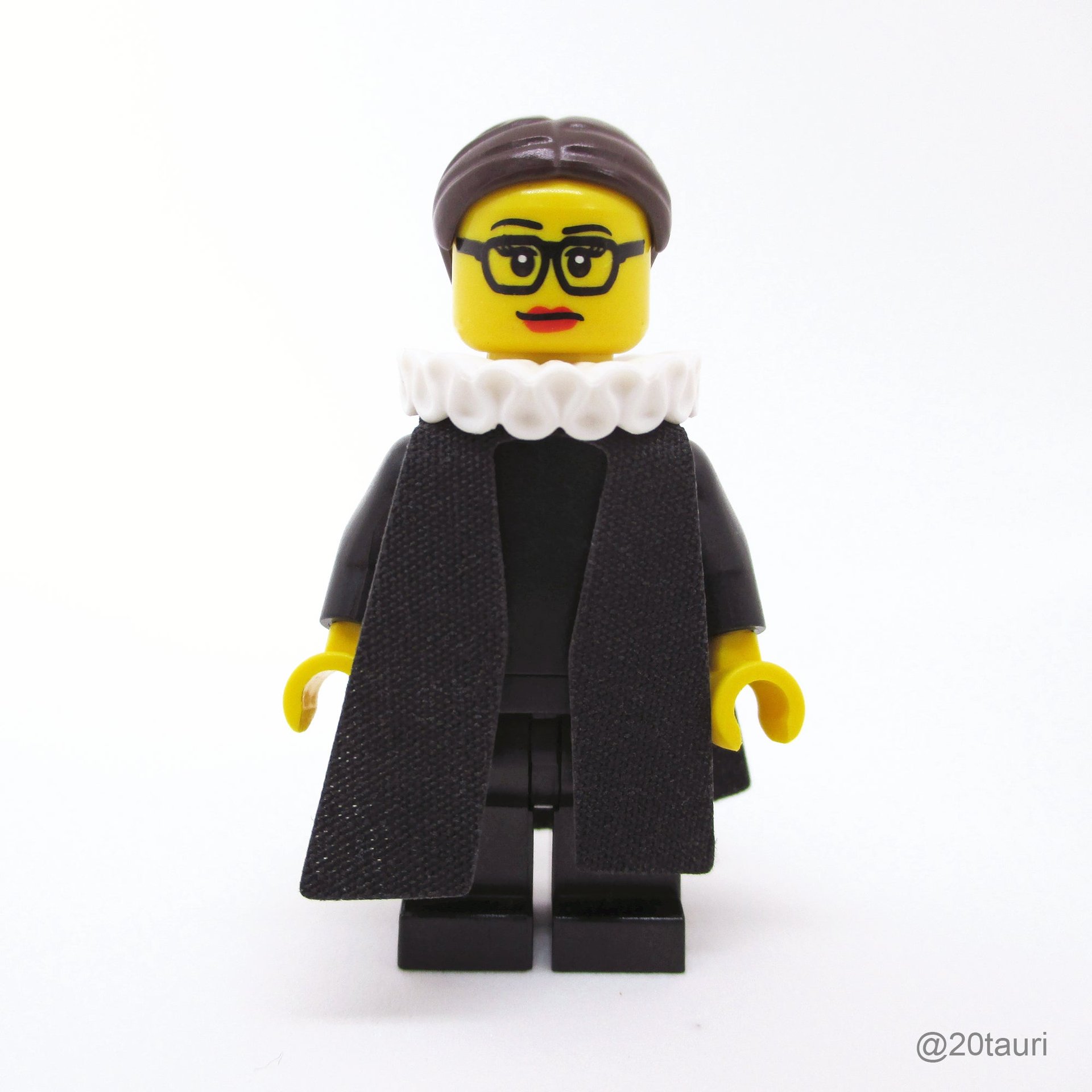
She submitted the project to Lego Ideas, a site run by the Danish toy company where people can upload their new set concepts and vote on their favorites. But Weinstock’s idea was summarily rejected.
“As a children’s toy brand, we refrain from any associations with active or current politics,” a company spokesperson told Quartz via email. “Cases in which the Lego brand are used in this manner have historical context. Any contemporary political association of the Lego brand is unofficial content that is generated by enthusiasts and not endorsed by the Lego Group.”
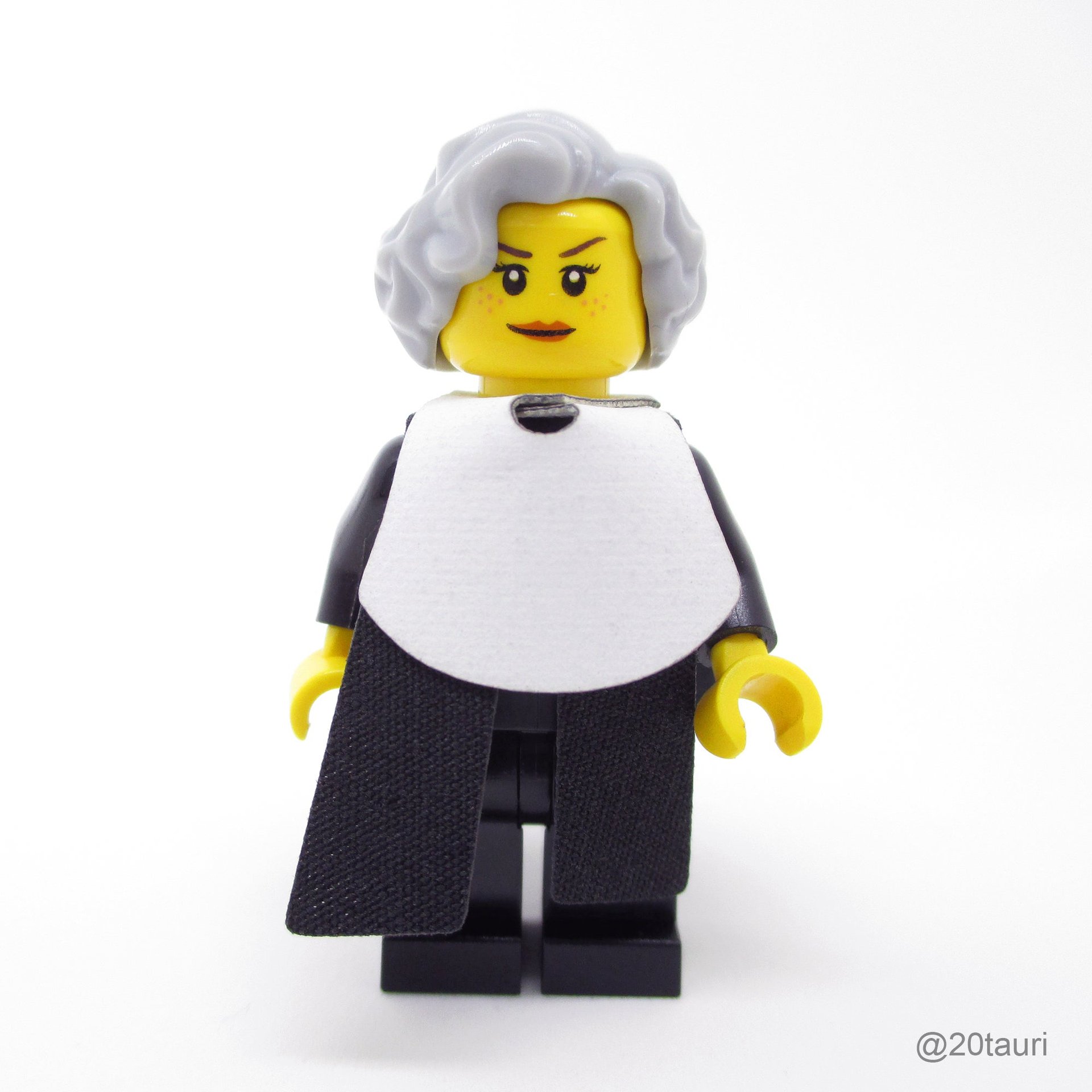
Weinstock tells Quartz she is sympathetic to the need for such rules. “I understand that they don’t want to take sides,” she says. However, she noted, ”the Supreme Court is by definition apolitical, above politics.”
Meanwhile, she has received an overwhelming response from female lawyers who say they would like a mini Supreme Court justice figure of their own, and from parents who want sets for their daughters—and sons.
“It’s super important to give girls role models in career paths that have been traditionally [dominated] by men, but it is also important for boys to see that girls can do well in these areas,” Weinstock says.
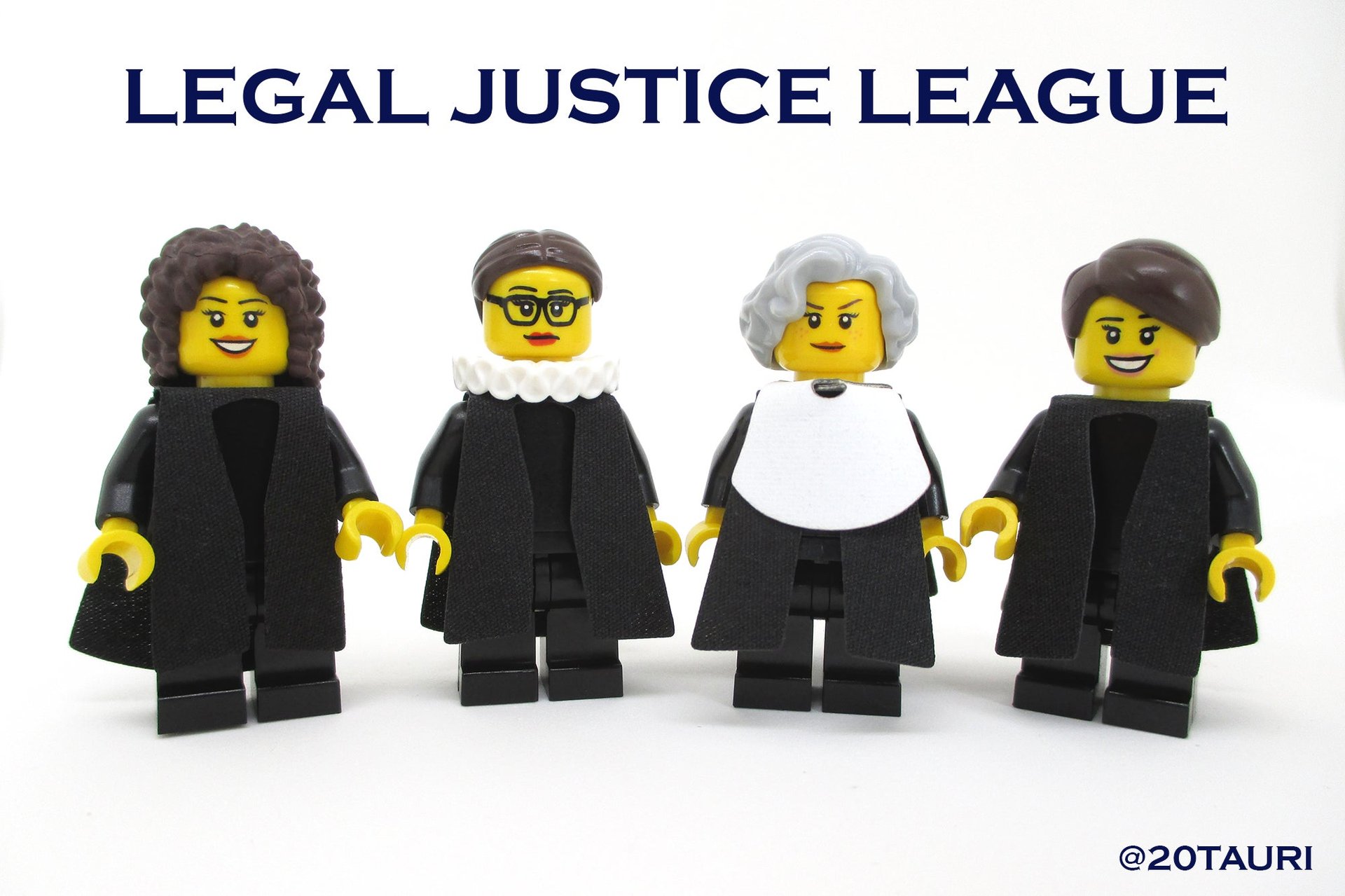
Weinstock also has created minifigures of both male and female scientists, including homages to astronaut Sally Ride, marine biologist Sylvia Earle, and physicist Brian Cox. “I’m hoping to make them less obscure,” she says.
While it began as a fiercely gender-neutral toy, Lego has been struggling in recent years to attract girls, which made up only 9% of the company’s customers in 2012. The launch of the female-centric Lego Friends line has met with some success, though critics have complained that it is rife with gender stereotypes. Last year, a limited edition Lego set called the “Research Institute” which featured minifigures of three women scientists, quickly sold out.

Weinstock, who follows Lego closely, also says she is seeing more women across all kinds of Lego products, including the popular adventure sets. As for the “Justice League,” as she calls it? “It would be really awesome if Lego would reconsider but I can’t make them do that.”
